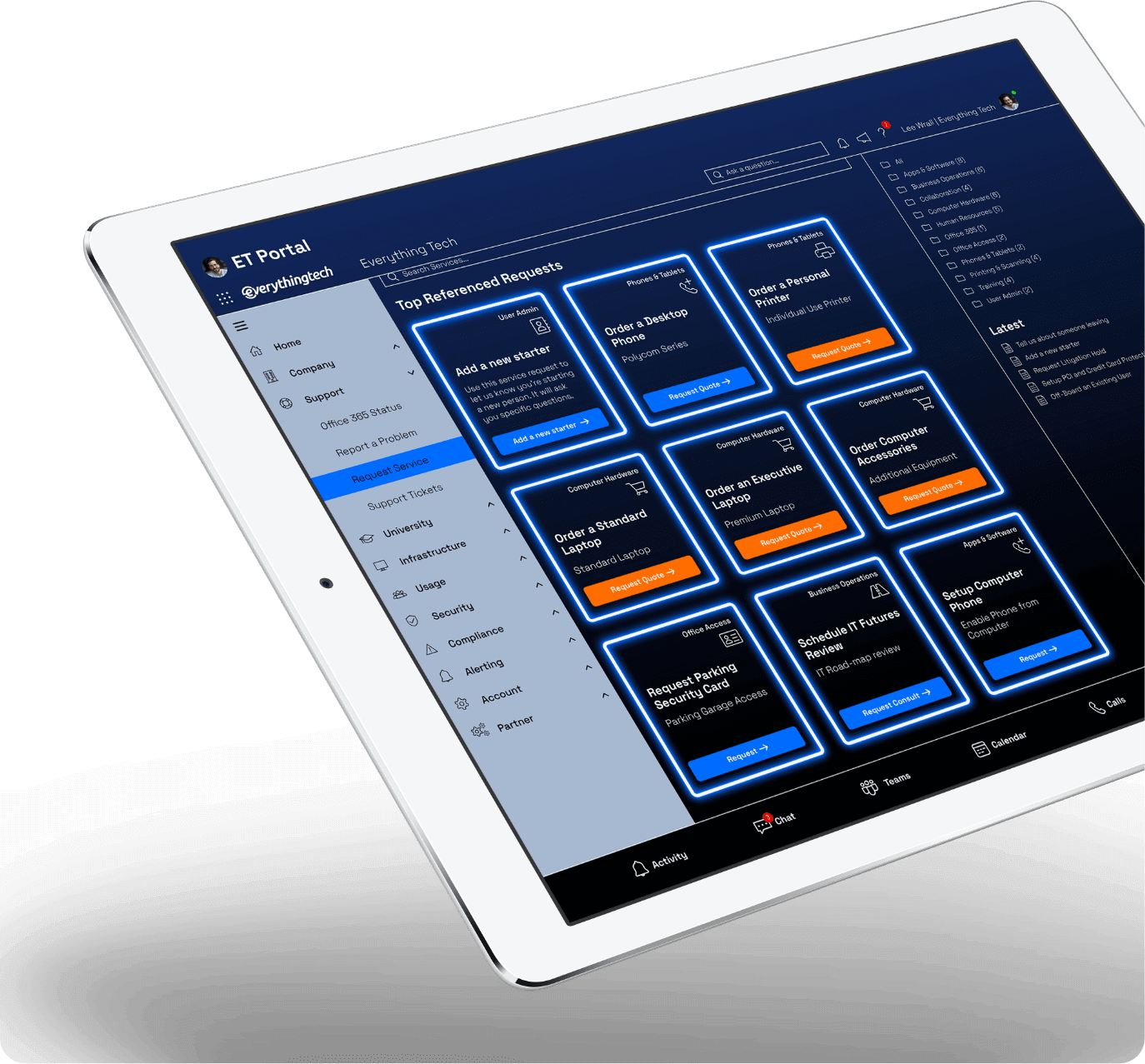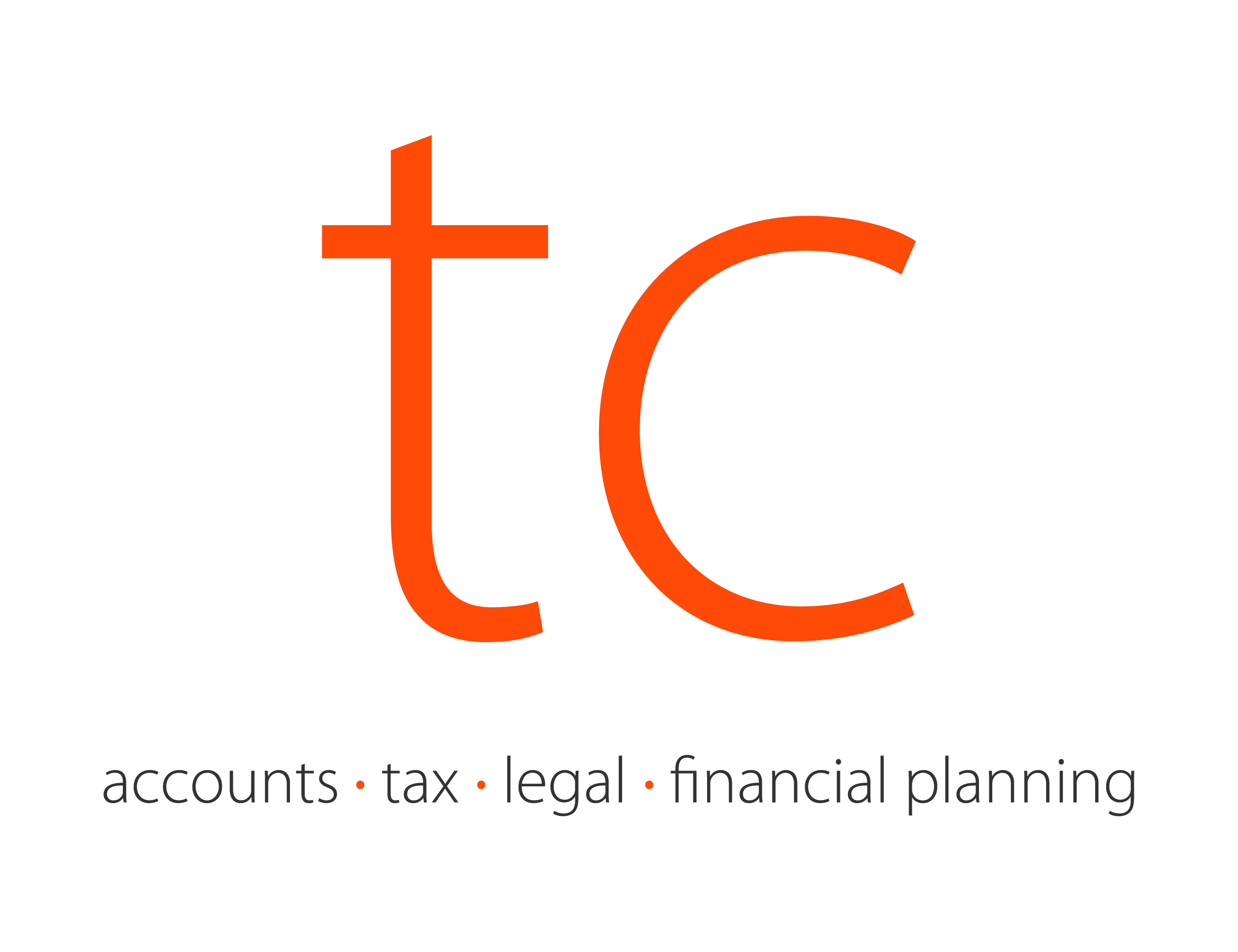The Impact of Losing Access to Your Technology & Data
Disruption to productivity and normal business operations – If you lose access to your data and technology, this can lead to unplanned downtime. Then, the first consequence your company will suffer from is a disruption to productivity, which is ultimately the backbone of your business operations. Your productivity suffers because you can’t access the files and the data you need, but also because your time is taken up dealing with the aftermath of the event that’s taken place resulting in data loss. These consequences of downtime are often overlooked, yet the Strategic Resource Institute figures that organisations that cannot resume operation within ten days of an incident are unlikely to survive, showing the importance of backup and disaster recovery.
Exposure of information – In a data loss incident, sensitive information is likely to be exposed. This sensitive information may contain your customer’s email addresses and payment details, as well as important information that pertains to your business operations and important details about your organisation and employees. This data can be valuable to cyber criminalists and can therefore lead to severe consequences for your business and your customers. It’s this exposure of information that can cause your reputation to suffer.
Legal action and financial penalties – In the event of customer data or employee records being compromised, your business may face financial penalties and legal action. The Information Commissioner’s Office can enforce fines of up to £500,000 if they find that your business has not complied with the Data Protection Act. As well as this, the individuals that have been affected by the data breach may also decide to take legal action against your company.
Loss of credibility – In the 21st Century, news travels fast. Whilst many of the stories to hit the headlines involve large, well-known corporations, small businesses affected by a loss of data can also experience a loss of credibility too, especially if customer data is compromised. Customers want to trust the companies they use, and if their data is compromised, then they may decide to take their business elsewhere. Similarly, the negative publicity that your business suffers from can mean that your reputation is severely damaged. Trying to repair your reputation following a data loss incident can be challenging, time-consuming, and expensive.
Complete business closure – For many small businesses, data loss can lead to the complete breakdown of their company. For many, the cost of legal proceedings or trying to repair their business is all too much, and eventually, their business will close for good – this is perhaps the main reason why backup strategies and an effective disaster recovery process are essential.








 “Everything Tech have provided us with excellent service and project support during an incredible period of growth for TC Group. Our ability to finalise an acquisition on a Friday and have all users, applications, and data available on a Monday has allowed us to integrate our people and deliver on our growth plans over the last 4 years. Everything Tech are the safe pair of hands we need in a fast-paced organisation like TC Group.”
“Everything Tech have provided us with excellent service and project support during an incredible period of growth for TC Group. Our ability to finalise an acquisition on a Friday and have all users, applications, and data available on a Monday has allowed us to integrate our people and deliver on our growth plans over the last 4 years. Everything Tech are the safe pair of hands we need in a fast-paced organisation like TC Group.”

